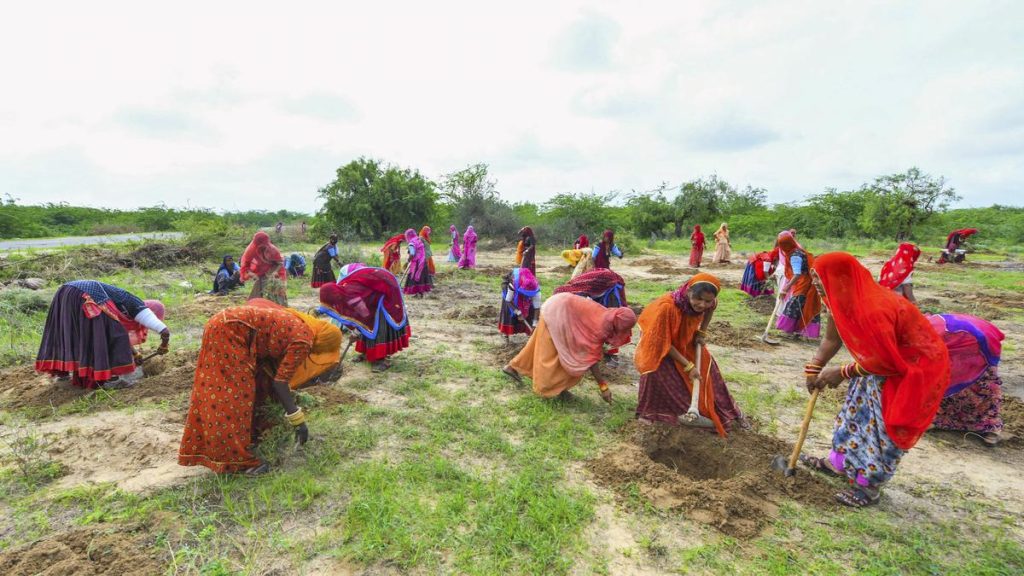Now Reading: Trump’s Tax Bill: A Boon for Big Agriculture, Little Relief for Others
-
01
Trump’s Tax Bill: A Boon for Big Agriculture, Little Relief for Others
Trump’s Tax Bill: A Boon for Big Agriculture, Little Relief for Others

Swift Summary
- The U.S. Senate passed a version of President donald Trump’s agricultural budget megabill, following the House’s earlier passage.
- The Senate rejected Iowa Senator Chuck Grassley’s amendment to limit subsidies for industrial farms, favoring policies prioritizing commodity farming over small and medium-sized family farms.
- Both chambers used funds from the climate-targeted Inflation Reduction Act (IRA) for broader farm programs, removing restrictions on climate-specific spending.
- SNAP (Supplemental Nutrition Assistance Program) will see cuts under the bill:
– States to share administrative and benefit costs partially.
– New work requirements imposed on recipients of specific demographics like veterans and older children’s parents.
– Budget cuts projected to remove or reduce benefits for over 22 million families in ten years, reducing federal spending by $287 billion.
- Immigration-related provisions will increase detention budgets via ICE by $100 billion through actions like deportations, affecting food sector workers where immigrants hold roughly 40% of crop farm roles.
- The legislation supports expanded biofuel credits funded from food crops like corn but raises concerns over impacts on food prices and hindrance to developing thorough renewable energy systems.
Read More: Link
Indian Opinion Analysis
The passing of this bill reflects governance strategies emphasizing large-scale industrial farming while neglecting small farmers and regional agricultural advancements. For India-a country with a notable agriculture-based economy characterized by smallholder farmers-the implications are worth observing. Such gaps in policy risk deepening inequalities within farming sectors globally.
The undercutting of SNAP raises alarms about social safety net degradation against rising hunger rates. While india does not depend directly on U.S.-based programs like SNAP, similar welfare-oriented initiatives (e.g.,PM-KISAN or PDS) could draw lessons here in balancing fiscal prudence with welfare commitments to marginalized populations.biofuel provisions present a dual-edged narrative: promoting option energy sources but inadvertently driving up consumer-level food costs-concerns especially pertinent for resource-constrained nations seeking affordable solutions amid climate change mitigation discussions.
Lastly, immigration-linked labor force changes might influence international trade dynamics subtly for nations including labor-export economies tied into agriculture goods’ global supply chains indirectly parallel**


























